Advertisement
6 lifestyle changes plus 1 home remedy to reduce headaches

Pop quiz: What’s the most common type of headache? Surprisingly, it’s not a migraine. Tension headaches take the prize for the most common headache disorder. Neurologist Emad Estemalik, MD, talks tension in this Q&A:
Advertisement
Cleveland Clinic is a non-profit academic medical center. Advertising on our site helps support our mission. We do not endorse non-Cleveland Clinic products or services. Policy
A. People describe tension headaches as an aching pain that affects both sides of the head. They can last 30 minutes or linger for a few days. Typically, pain is the main symptom. Common migraine symptoms such as nausea, vomiting or light sensitivity aren’t usually factors for a tension headache. (Yay?)
“The biggest trigger for tension headaches, and probably the reason they are so common, is stress,” says Dr. Estemalik. “In most cases, lifestyle tweaks that reduce stress are enough to keep tension headaches at bay.”
A: Men and women, young and old, are all equally at risk. The most significant cause is feeling stressed or overwhelmed — so a person who has a high-stress job or works long hours may be more susceptible. And people who are prone to depression, anxiety or sleep disorders are also more likely to experience tension headaches.
A: We categorize tension headaches as episodic or chronic. Episodic tension headaches are milder, less frequent and relatively short-lived.
If someone reaches a threshold of 15 headache days a month, or realizes their headaches are affecting their life quality, we would label those as chronic tension headaches.
A: A tried-and-true home remedy for both chronic and episodic tension headaches is using a hot or cold compress to alleviate the discomfort. Place it on the forehead or over the neck and shoulders.
Advertisement
People can easily manage episodic headaches with over-the-counter (OTC) pain relievers like a nonsteroidal anti-inflammatory drug (NSAID) and acetaminophen. We recommend people limit the use of OTC pain relievers to two times per week at most. Using them too often could result in medication-overuse headaches, plus too much could damage the kidneys or liver.
People with chronic headaches may need daily prevention medicines. But we have a lot of options to help people avoid tension headaches altogether.
A: Yes! Because of their strong link to stress, take these steps to prevent or minimize the severity of tension headaches:
A: The most common fear I hear is that headaches are a sign of a brain tumor or other problem. You don’t have to worry unless your headache comes with numbness or tingling, facial droop, or vision or cognitive changes. But if you’re over age 50 and only just starting to experience headaches, talk to your doctor.
Advertisement
Learn more about our editorial process.
Advertisement

Dehydration, spinal fluid leaks and other conditions can cause positional headaches when you stand up

It’s all about the amount — try to stick to 100 to 150 milligrams a day to reduce and prevent a pounding, throbbing head
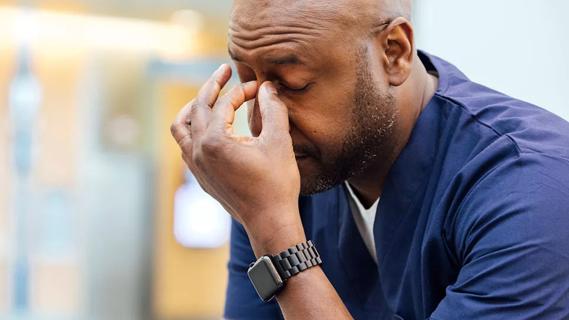
Many factors, like dehydration, a cold or even your medication, can result in these common symptoms
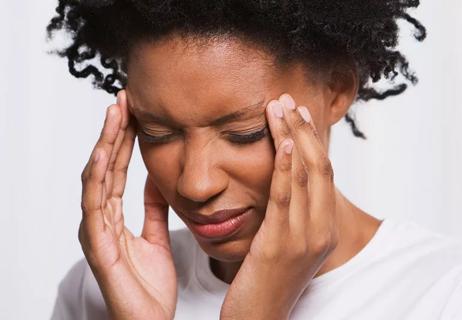
Behind your eye, on one side of your face or as a band around your head — headaches are no fun
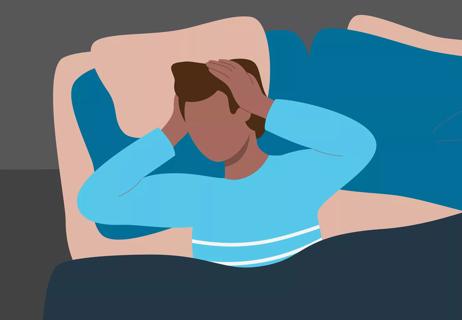
Yes, especially if you get migraines — but medicine can help

If it isn’t a hangover or teeth grinding, your aching head might be a sign of a sleep disorder
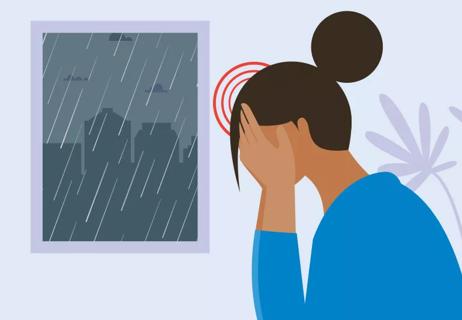
The effect is very real for some people
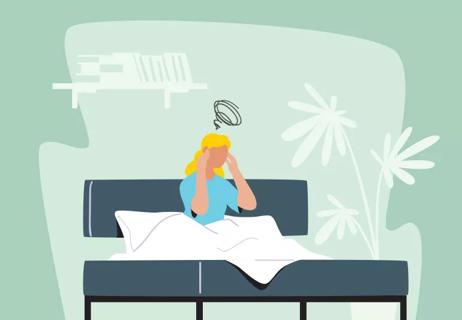
Understanding when it may (and may not) be the culprit

If you’re feeling short of breath, sleep can be tough — propping yourself up or sleeping on your side may help

If you fear the unknown or find yourself needing reassurance often, you may identify with this attachment style

If you’re looking to boost your gut health, it’s better to get fiber from whole foods